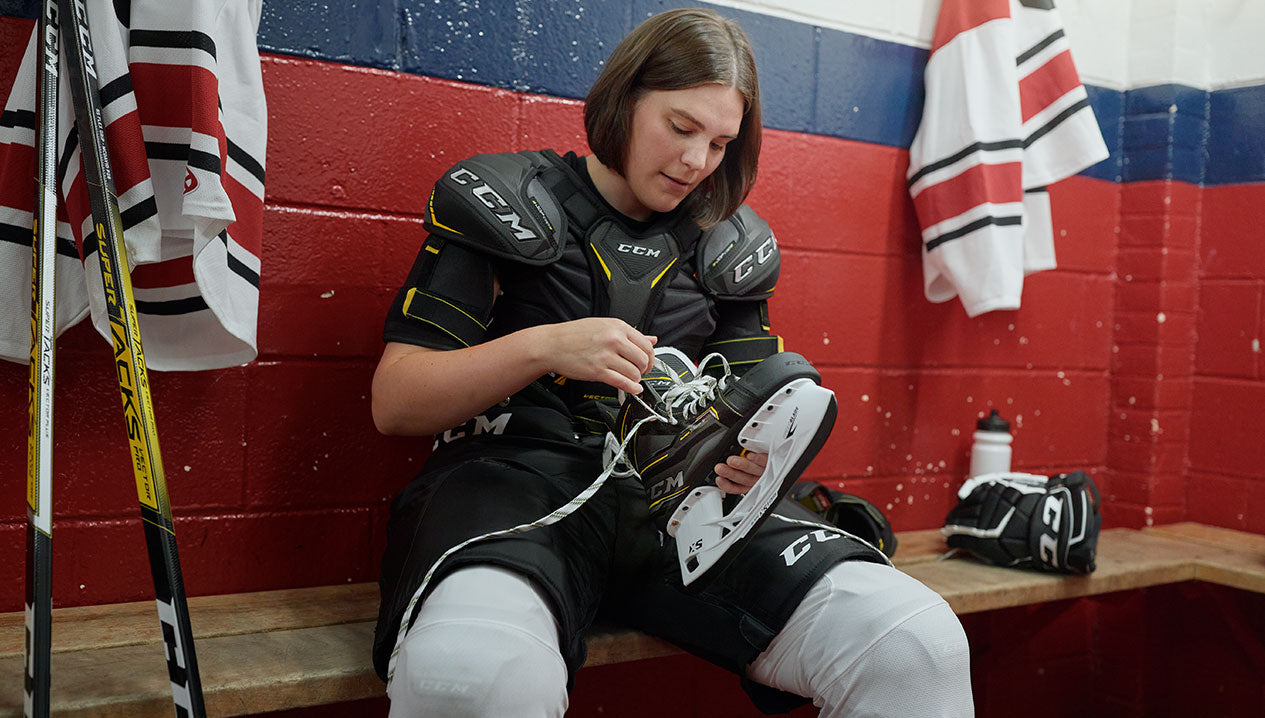How to Select a Softball For Your Game

Are All Softballs Created Equal?
There is a wide variety of softballs available and although they may look the same, they are very different. Softballs are created for fastpitch and slo-pitch, specific associations and league rules and provinces, as well as for age, gender and level of the player. Using the right ball will elevate your performance and enjoyment on the diamond.
Size & Colour Matters
Size is based on the player that is using it – typically 12 inch for co-ed, men’s and women’s leagues, and Pee Wee level, and 11 inch for Squirts (11 years old) and under.
Optic yellow softballs are very popular, especially in Canada as many leagues play under poor outdoor stadium lighting. The yellow ball is much more visible in these conditions. White balls become dirty quickly once they have been rolled in the dirt, and become increasingly hard to see when playing in low light and night environments.
COR
COR, or Co-efficient of Restitution, measures the speed of the ball going in to the bat, and the speed of the ball coming off a bat. For example, if a ball is thrown in at 100 mph and re-launches back at 50 mph, that is a .50 core ball.
Elite players will want a ball with a higher COR, which will offer faster speed and longer distances in flight.
Recreational players will look for a ball with a lower COR, which re-launches from the bat impact at a slower speed. This offers a safer level of play.
Compression
Compression refers to the amount of pressure needed to compress a softball by ¼ inch, and is a reference to the hardness of the ball. The more pressure it takes to compress the ball, the harder the ball. Higher compression balls can be affected by the temperature and will behave slightly differently on very hot or very cold days. A lower compression ball keeps the game safe for young players and performs consistently.
Pitch to Me
The different pitching styles between fast pitch and slo pitch games are evident. Slo-pitch uses an underhand swing to throw the ball, standing on a plate, generally releasing a slower pitch, and slower return from the bat.
In fast pitch, the pitcher will take a step and windmill the ball, creating more speed and a forward momentum that puts the pitcher moving forward to the home plate at the same time as the ball is coming back.
Fast pitch balls are normally 12 inches, with an 11 inch model for kids, women or players new to the game as a learning tool.
The stitches on a baseball pull the outer material together to create a raised seam, which helps the pitcher grip the ball for curveballs and changeups. The more stitches, the “rougher” the feel in the hand. Lesser stitches may have a bead of glue under the stitches to help make the raised feel, and keep it durable.
Many balls are made of synthetic materials, and higher end balls may have leather outers, more stitching and cork centers, which are durable and offer some safety.
For expert advice on softball gear and equipment that is right for your game, level of play, and budget, come see us at your local Source for Sports baseball and softball store near you. We Fit Your Game.
Join Source Nation to get the latest news on product launches, Source Exclusive product lines, tips and tricks for parents and players, and more!



